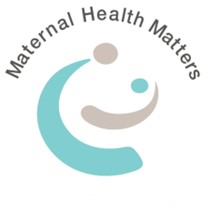The Paradox of Care

Maternity care has become risk-averse. This has led to escalating medical interventions that may be unnecessary, unwelcomed and have unanticipated consequences.
The World Health Organisation states – 85% of births do not require interventions.
“The paradox is that in trying to eliminate risk, we create other risks”
The medical approach in maternity care is at odds with the reliable evidence that pregnancy and childbirth are normal physiological events for most women. Without valid indications, routine use of interventions can transform childbirth from a normal biological process into a medical or surgical procedure. When applied to all women however, the medical approach has the potential to cause harm and it violates an underpinning principle of medicine itself – above all do no harm
That said when the medical model is applied to women and their infants who need intervention, it is medicine at its best, it is beautiful medicine, it transforms lives, it saves lives.
“Much of maternity care (especially intervening in childbirth) is medically unique, in that it harms one person (the mother) not primarily for the promotion of her own health but for the benefit of another (the baby) with the importance of autonomy and consent in maternity care is at particular risk of being denied or disregarded.” *
We at Maternal Health Matters agree with Dr Heather Mattner, “…. stop the terrible trade off that women should be thankful they have a healthy baby. You do not trade off the health of the baby for the health of the mother. A baby will not benefit if the mother is broken.”+
# Dr Newnham in Towards the Humanisation of Birth: A study of epidural analgesia and hospital birth culture.
* Elselijn Kingma, Bioethics, 2021-06-09 | Journal article DOI: 10.1111/bioe.12852)
